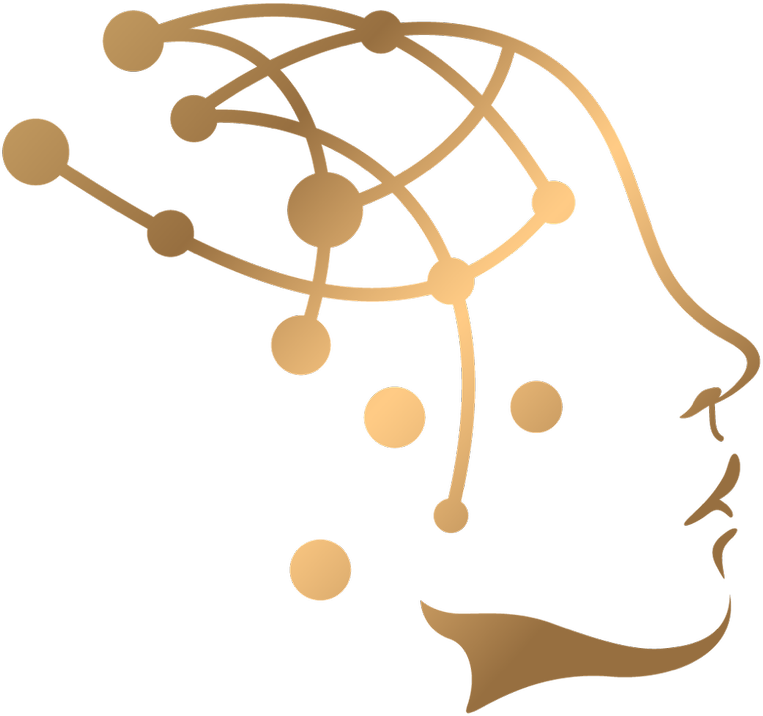How to improve attention and focus
ADHD is about Attention, not Alertness. Medicating ADHD works with Alertness. The mental process of focusing or shifting Attention is a skill that can be improved upon with practice.
By learning how to shift attention, we see which aspects of our mind can be controlled. The key to working with attention is differentiating between distractions -internal or external- and keeping your attention on them.
You cannot decide what distractions pop up, but you actually can direct your attention toward or away from them.
That’s worth repeating: You can’t control whether or not distractions arise, but you can control whether you direct your attention toward them. For example, you can’t control noticing the weather, or that you’re feeling stressed, but you can control whether you direct your attention toward those experiences.
If you try to not think about the distractions, you will keep thinking about them. However, if you stop directing your attention toward them, they will eventually leave your awareness on their own and you will be able to guide your attention back.
So, if you want to improve your ability to focus, you do not need to learn how to hold on; you need to learn how to let go. That doesn’t mean the distractions will leave or that you can force them to leave. It does mean that you can stop giving them your full attention.
Metaphorically, if you wanted to stop solving a math problem, you wouldn’t need to find a new problem. Instead, you would just put the pencil down. If you find something else to do, thats ok, but you don’t need a new task in order to stop doing the first one. You can just stop directing your attention to it.
Focusing attention means letting distractions come and go and doing nothing about them. If shifting your attention away from thoughts, feelings or other distractions feels effortful, something is wrong. Chances are that you’re still paying attention to the distractions in some way. You’re trying to get rid of them, or to solve them. It does not take effort to let go of something.
Once you learn how to let go, youre on the right path. Of course distracting events, thoughts or feelings will pop-up again. This is a sign of success. The fact that you were able to direct your attention elsewhere indicates that you let go of distractions already. In other words, feeling distracted again means you were able to stop engaging with your distracting thoughts and feelings and allowed them to leave, which is exactly what you want to do to improve focus.
Now, to improve focus in the long term, just do the same thing again: shift your attention back to your task and let the distractions leave your awareness on their own.
You might still feel bored, uninterested, or distracted. Everyone feels that way from time to time. When those feelings do come up, letting go means that you move right past them.
Briefly:
Here’s what doesn’t work:
“I don’t want to feel bored so I’m going to find something else to do until the bored feelings leave.”
Here’s another thing that doesn’t work:
“I’m trying to do something difficult so I’ll try distracting myself until I feel ready to do it.”
Here’s an example of what does work:
“I feel the anxiety, boredom, etc. when I have work to do. I can’t make distractions go away, but I am not going to engage with them at all. I am going to get engaged with my work, and eventually distractions will leave my mind. And when they return, that’s okay, I’ll just let go again.”
https://drmichaeljgreenberg.com/awareness-attention-distraction-and-rumination/

